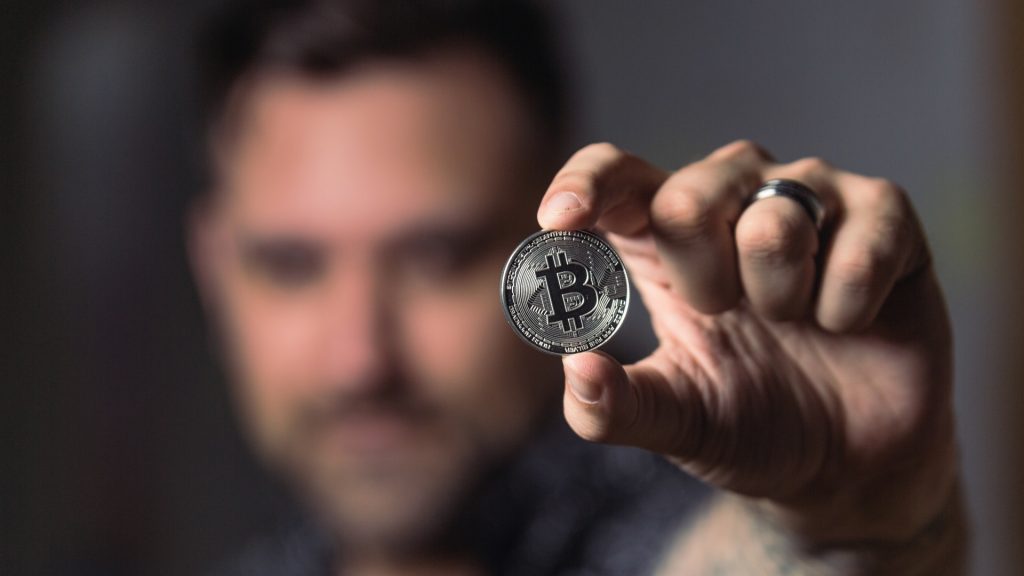LG’s 100-Inch QNED evo AI TV Redefines Big-Screen Viewing in South Africa In a bold leap forward for home entertainment, LG Electronics South Africa…
Crypto: The hype, the profits, and the unregulated [Opinion]

Wiehann Olivier, chartered accountant and Partner at Mazars South Africa, an accounting and tax consulting group, has outlined the possible risks surrounding the cryptocurrency exchange in South Africa.
Olivier shares various tips on how one can mitigate these potential risks
Recent headlines around cryptocurrencies have steered away from its mesmerising mystery and shed light on the inevitable risks surrounding an unregulated financial asset.
From Ponzi schemes to hacking teams, cryptocurrencies made the news for all the wrong reasons over the past few months begging us to ask the question: Where is our beloved bitcoin heading?
Looking at other groundbreaking innovations for reference, there will always be two sides to the coin. On the one hand, innovations like the internet gave us access to a world of knowledge. On the other, it opened up a gateway for the dark web. Similarly, Artificial Intelligence’s (AI) downfall is that it infringes on our privacy, yet it has the potential to significantly improve our lives.
Most technology isn’t inherently good or bad, but both. The important thing is to identify, recognise, and address its risks in order to manage its impact on society. In the case of cryptocurrencies, it’s fortunately quite clear that all the major risks associated with it can be addressed through one key point of action: regulation.
Cryptocurrencies and those who provide advice on these digital assets need to be regulated by the Financial Sector Conduct Authority (FSCA) as soon as possible. The issue that we currently have in this unregulated industry is that anyone who wants to invest in cryptocurrencies needs to do extensive and vigorous research before they are able to do so.
In April this year, the Intergovernmental Fintech Working Group released a position paper on crypto assets to provide specific recommendations for the development of a regulatory framework for crypto assets in South Africa. One of the objectives outlined in this paper was that a regulatory framework for cryptocurrencies should also ensure consumer and investor protection, which includes financial consumer education.
Unfortunately, anything that links cryptocurrencies to something sinister only decreases the momentum of the mass adoption of the technology. We want to ideally move into a space where cryptocurrencies are regulated so that people are able to embrace the technology for investment or practical use without being afraid of fraudsters.
Once cryptocurrencies and Virtual Assets Service Providers (VASPs) are regulated, it will require businesses that operate in the industry to be audited. This in turn will add to the credibility of the industry and build the required trust. From an investment perspective, trust is everything and clients trust their asset managers to know the difference between a good investment and a scam. The first and lowest hurdle to clear when considering an investment opportunity is whether that investment is regulated.
Cryptocurrencies, like any technological advancement, comes with both highs and lows. Its potential is endless, but its current pitfalls are unavoidable. Most businesses and individuals that operate in this industry that I have spoken to have two specific goals: regulate the environment and educate the general public.
Tips for the trade of cryptocurrencies
While experts work on drawing up a regulatory framework for crypto assets, education on good practices by VASPs is vital. Take note of the following tips when investing in cryptocurrencies.
If you are new to cryptocurrencies, here are 10 red flags to look out for in fraudulent investments and scams:
1. White papers or investment methodologies that are extremely difficult to understand and follow.
2. Complex and vague explanations of the investment opportunities.
3. Promises of guaranteed returns which seem unrealistic.
4. A countdown clock with a deadline not to miss a once in a lifetime opportunity.
5. Phrases that link a generation of wealth to short timelines e.g. “Your money should work for you.”
6. Attractive pictures of luxury cars, beaches, etc.
7. Poorly built presentations asking you to not contact the company involved, but the person whom you received the presentation from.
8. Bogus testimonials on websites that create the illusion of credibility.
9. Fictitious teams or employees who cannot be found on LinkedIn.
10. Income that is not predominantly generated by the growth of your investment, but from a referral fee.
If you are familiar with cryptocurrencies and you are or planning to invest through a VASP, here are 5 tips to take note of:
1. Never give out your password.
2. Beware of phishing emails that require you to update information or log into bogus sites that look like your VASP’s site.
3. Do your homework and look for a reputable service provider with a proven track record that can be trusted such as Luno or Revix.
4. Do a Google search – as easy as that!
5. If you manage your own public and private key, follow best practices in ensuring that your private key is stored safely. Security is everything, whether you safeguard your own crypto or make use of a VASP.
Read more: Stricter taxes on the horizon for SA cryptocurrency traders
Read more: Cryptocurrency: The Chameleon Commodity [Opinion]
Featured image: Cypto Crow via Pexels

